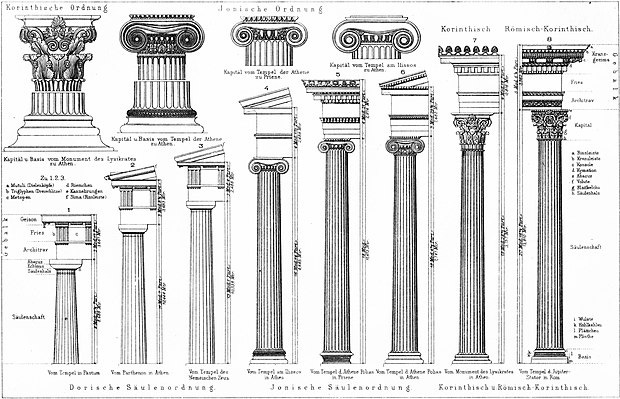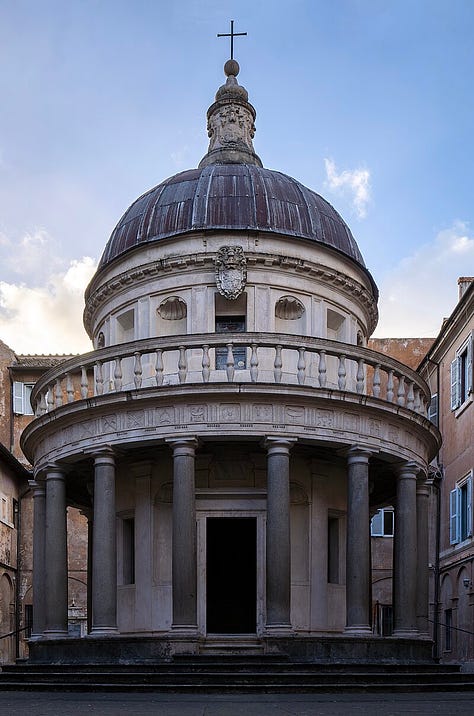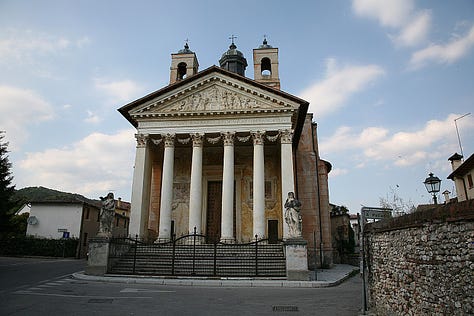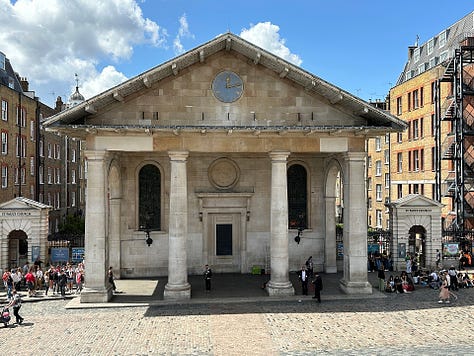My brother has arrived! He settled into his sharehouse, took a tour around the neighborhood, and began working on-site with me. We’ve already made great progress on excavating more trash, old furniture, and unneeded material. A more pristine work site is on its way.


I’ve also met with my architect a few more times. As we wait for the 3D model to come in, I’ve been starting with tasks that don't need an architect’s blueprints. First up is digging French drains around the property. I’ll make sure to share photos of the process, as I’ve researched some best practices from both books and YouTube.
I’m also thinking of renting a backhoe to remove the muddy topsoil from the main road, compact the soil below, and install pavers or cobblestones. I may need to reinforce the side of the road as well. My neighbors have said that the previous owners used to drive their cars all the way up to the house back in the day, so I hope I can mend the road to its previous strength.



I read a quote from T.S. Eliot once that always stuck with me, and it’s been coming to mind quite a bit this month:
Where is the wisdom we have lost in knowledge? Where is the knowledge we have lost in information?
― T.S. Eliot, The Rock
Even though Eliot first published The Rock in 1934, the quote rings as true today as ever. Thanks to Google, we have the world’s information at our fingertips, and thanks to AI language models, we have it at a moment’s notice.
And thanks to innovations in building technology, we now have the information to build safe, indestructible buildings quickly and cheaply. But I sense that we have lost the wisdom to build beautifully, to build harmoniously.
In today’s podcast, The Classical Language of Architecture will unearth some clues to that wisdom. We will learn about the Greek and Roman “Orders” and how to use them in our buildings. We will learn about the philosophy of harmony and storytelling that drives classical architecture.


The author Sir John Summerson will teach us about the fascinating history of the Orders as well. After the fall of the Roman Empire, societies across the European continent lived among the ruins. But the knowledge of how to build as the Romans faded from memory — until an Italian scholar rediscovered an ancient text by a Roman engineer almost 1,400 years after it was first written.
How lucky we are to live in a world where that knowledge was not lost forever. For me, Summerson’s book is my first introduction to the classical language of architecture. It has helped me to look at the built environment around me with a fresh set of eyes. Please enjoy.



Books Mentioned In This Episode:
When you purchase a book (or anything on Amazon) with the links below, you support me and the podcast at no extra cost to you:
The Classical Language of Architecture by John Summerson
Foundations & Concrete Work by Editors of Fine Homebuilding
Essai sur l'architecture by Marc Antoine Laugier
The Rock by T.S. Eliot
Links to More Resources:









Share this post